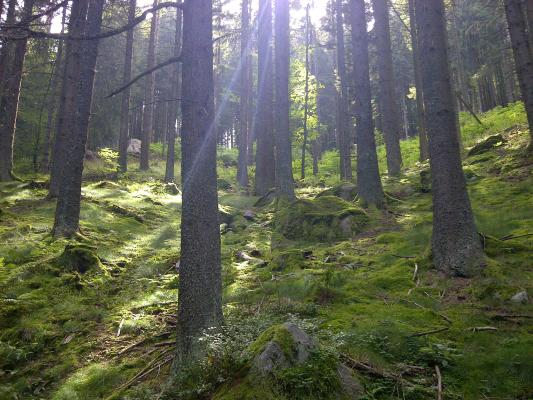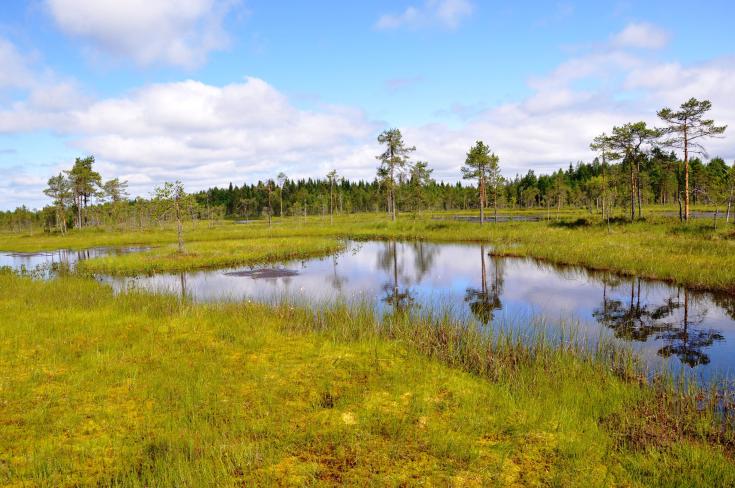Project summary
Background
Climate change is one of the greatest challenges requiring urgent policy action. The climate crisis is dire.
In the toolbox of action the new thing is that we are increasingly putting up resources for solving the climate crisis: firstly to reduce emissions individually and collectively, and secondly to offset them by investing in clean projects.
The compensation of greenhouse gas emissions is a topic underdeveloped by the public administrations and, when developed, very limited and traditional measures are entered into force.
Aims of the project
The Nature-based Carbon offsets, NACAO, project aims at being an accelerator for regional governments with competences on climate change approaching the offsetting of carbon emissions, in this case by developing nature-based solutions and policies contributing to the offsetting of emissions through them.
During the NACAO project, regional governments with competences on environment and climate change from Spain, Italy, France, Germany, Poland and Finland will share green and blue carbon solutions in force aiming at:
- preservation
- restoration
- and improvement of natural sites.
Natural sites can act as carbon sinks and compensate greenhouse gas emissions. Examples of suitable sites are
- forests
- wetlands
- mires
- and other ecosystems.
Partner regions also share their experiences on carbon credits and emissions markets related to nature-based solutions, as well as policies supporting the project aims.
The ultimate aim is to increase the partners' knowledge and capacity to implement green and blue carbon initiatives and policies learnt during the cooperation. That is how regions can truly contribute to the mitigation and adaptation to climate change.
Unlike previous projects dealing mostly with quantification of emissions in different sectors of activity, NACAO addresses exclusively the field of compensation measures and policies and focuses exclusively on nature-based solutions facilitating compensation.
What will this project change
How our project affects?
Effects to the environment
- Identifying potential sites and actions
- Adaptation actions, such as increasing surface water retention and planting forests
- Ecosystem restoration and conservation
- Broader approach: prevention of biodiversity loss.
Effects to the organisations
- Provide education and foster learning for the organisations
- Creating measures and tools
- Enable cross-sectoral practices in the region
- Increase voluntary compensation actions
Effects to people’s lives
- More biodiversity nearer people, also recreational values
- Increase the sense of community
- Raise the local public awareness of the importance the ecosystems have
- Foster a local green and blue economy, particularly in rural areas
- Attractive sustainable tourism

